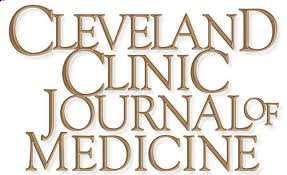The utility of repeating bone mineral density (BMD) measurements in patients receiving osteoporosis treatment or during a drug holiday remains a topic of debate among medical professionals, even now. This article, originally released in 2023 and now on the minds of physicians again, examines the evidence for and against BMD monitoring in these scenarios, offering recommendations based on the type of antiresorptive therapy used and the availability of more potent treatment options.
Key Points:
- BMD improvements during treatment strongly predict fracture risk reduction, with about 50% of the improvement in fracture risk accounted for by changes in BMD.
- Most patients on antiresorptive therapy maintain or improve BMD, but the likelihood of bone loss is higher with less potent antiresorptives and poor adherence.
- For patients on highly potent agents like denosumab, repeated BMD measurements are not recommended due to the low likelihood of bone loss.
- During bisphosphonate drug holidays, about 29% of patients may experience more than 5% reduction in mean hip BMD over 5 years.
- The article recommends resuming treatment if there is convincing evidence of bone loss at multiple sites, over multiple intervals, or associated with non-suppressed bone turnover markers.
- High-quality densitometry is crucial for meaningful BMD monitoring during treatment and drug holidays.
- The duration of drug holidays should be tailored based on the specific bisphosphonate used, with shorter intervals for less potent agents like risedronate.

HCN Medical Memo
When considering BMD monitoring during osteoporosis treatment or drug holidays, physicians should tailor their approach based on the potency of the antiresorptive agent used and the availability of high-quality densitometry. Repeated measurements are most beneficial when they can inform decisions about switching to more potent treatments or resuming therapy after a drug holiday.
More on Osteoporosis
 PATIENT EDUCATION
PATIENT EDUCATION  OBESITY/WEIGHT MANAGEMENT
OBESITY/WEIGHT MANAGEMENT  EXERCISE/TRAINING
EXERCISE/TRAINING  LEGAL MATTERS
LEGAL MATTERS  GUIDELINES/RECOMMENDATIONS
GUIDELINES/RECOMMENDATIONS 